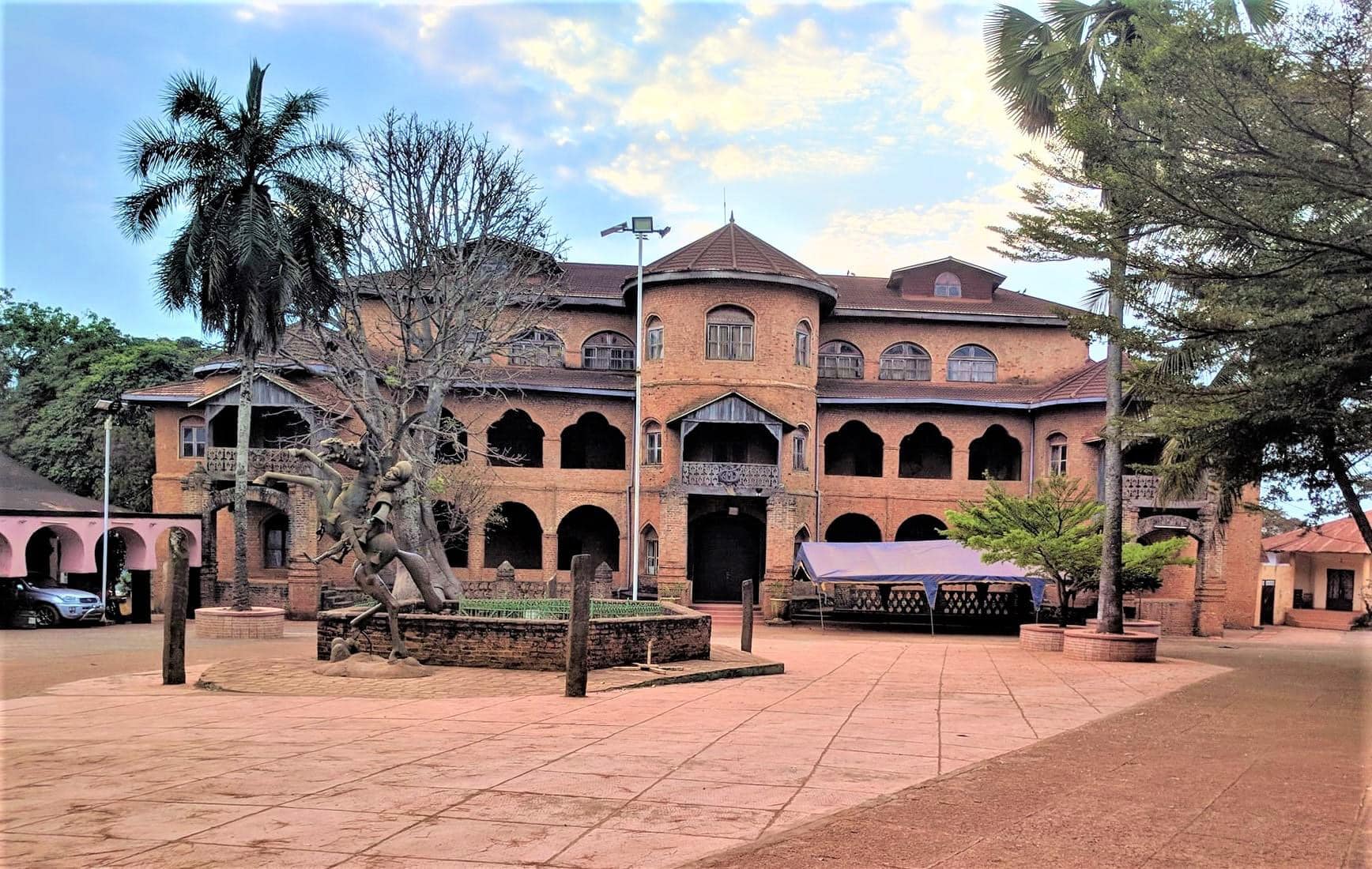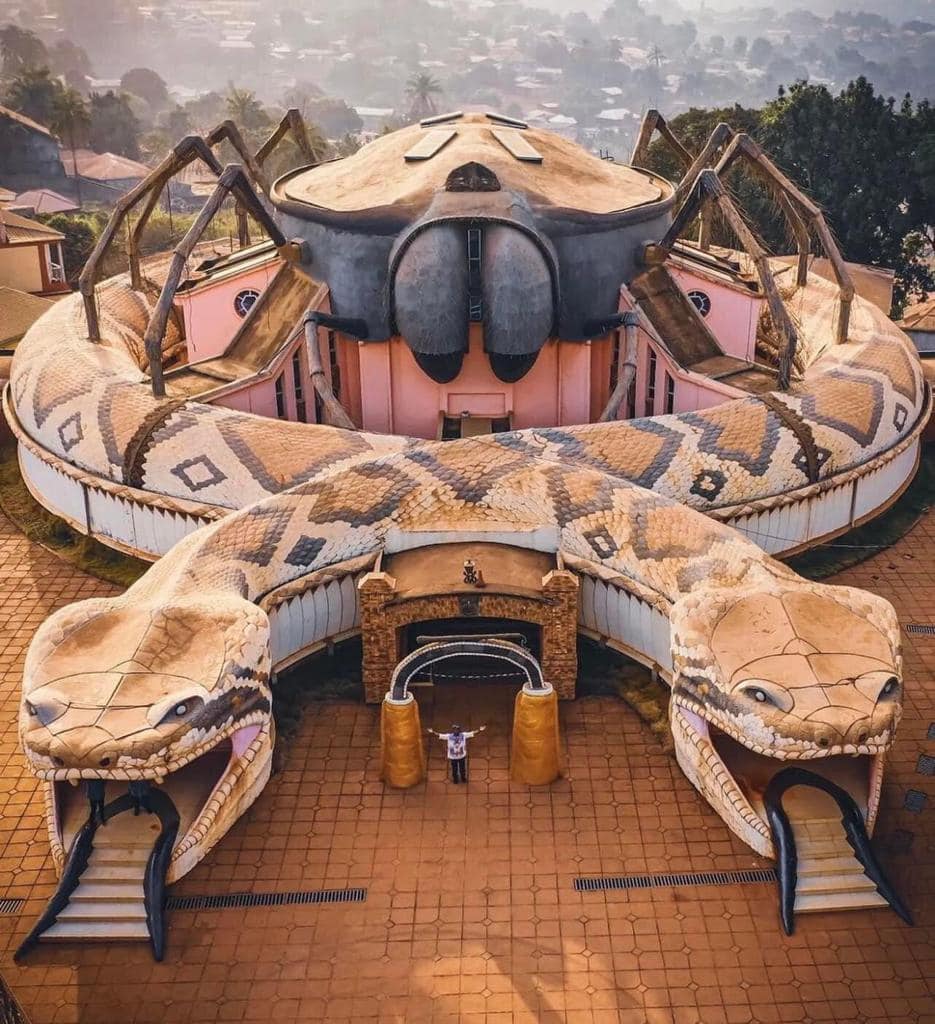Foumban
Foumban, the capital of the Noun department, is located between 5°36' 5°50' East longitude and 10°70'-11°00' North latitude, with an estimated population of 194,3324 residents of various origins, which creates a cultural diversity that adds to the various attractions found there. It is an important reference point for Cameroonian tourism, as the potential available is so popular. It is indeed one of the main strongholds of cultural tourism, with all the traditional events and craft creations that make it special, hence the interest of some 4,500 to 6,000 visitors per year.
The commune of Foumban is located in the West of Cameroon, in the Department of Noun, District of Foumban. It borders on : * According to the new administrative configuration of the Commune of Foumban, its territory covers an area of about 418 km² for a population of 152,728 inhabitants (97,904 in urban areas and 54,824 in rural areas: source: report of the 3rd demographic census). Foumban has 08 groups and 03 autonomous villages (Njissé, Njimbam I and Njimbam II).
Translated with www.DeepL.com/Translator (free version)

Les cartes de la ville
Idées de voyage
ARTICLE VEDETTE
Palais du Roi Bamoun
Patrimoine mondial de l'Unesco, le Palais du roi des Bamouns date de 1917.

ARTICLE VEDETTE
Musée De Foumban
Le Palais royal de Foumban, où le roi des bamouns réside encore de nos jours, a été construit en 1917 dans le style germanique bavarois. Le Musée du Palais raconte l'histoire de la dynastie des rois Bamoun de 1394 à nos jours, avec des informations sur le plus célèbre des rois bamoun, Ibrahim Njoya, décédé en 1933, qui créa à la fin du XIXe siècle un système d'écriture appelé l'écriture shü-mom. Wikipedia

ARTICLE VEDETTE
Palais de Njimom




